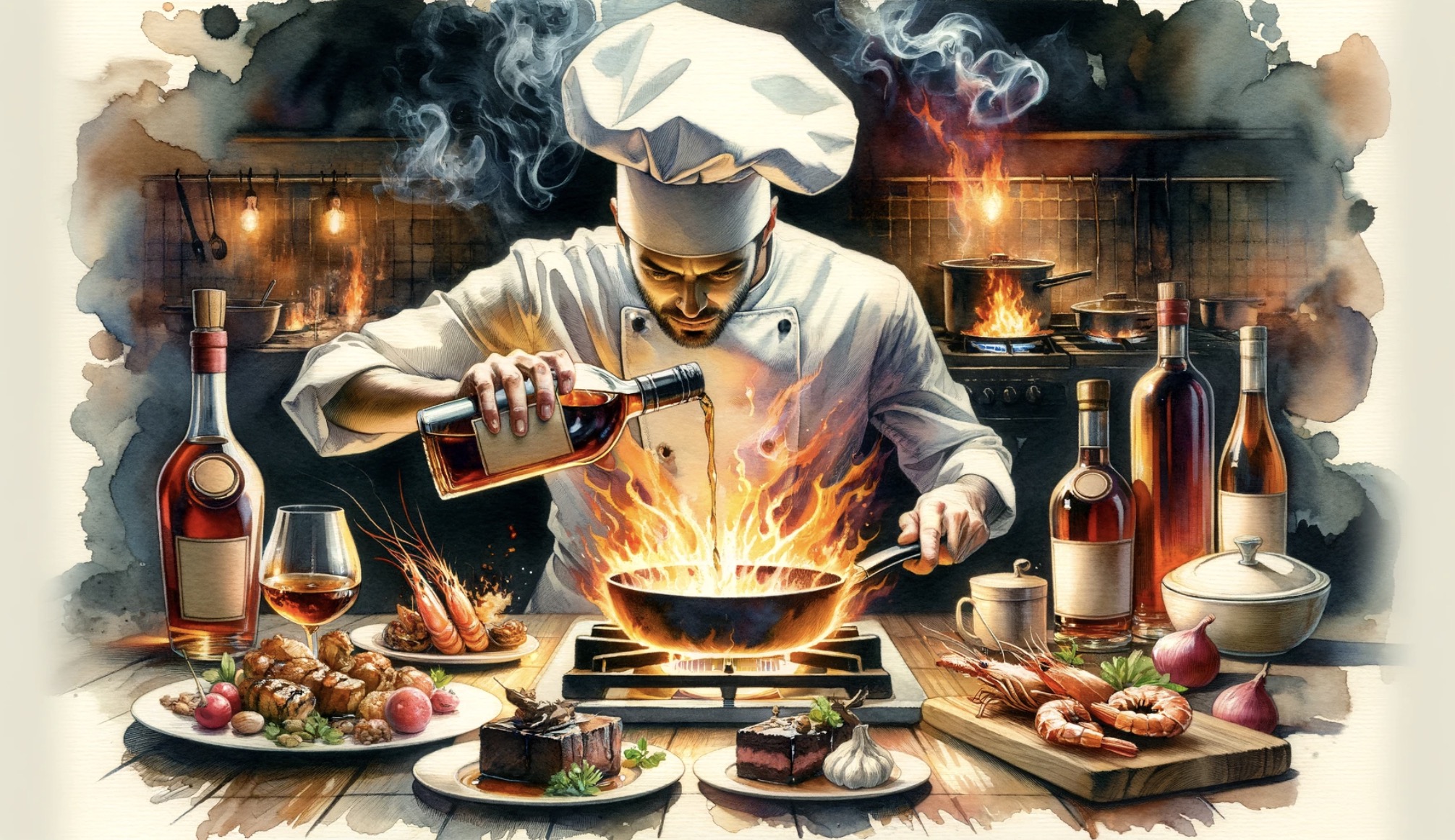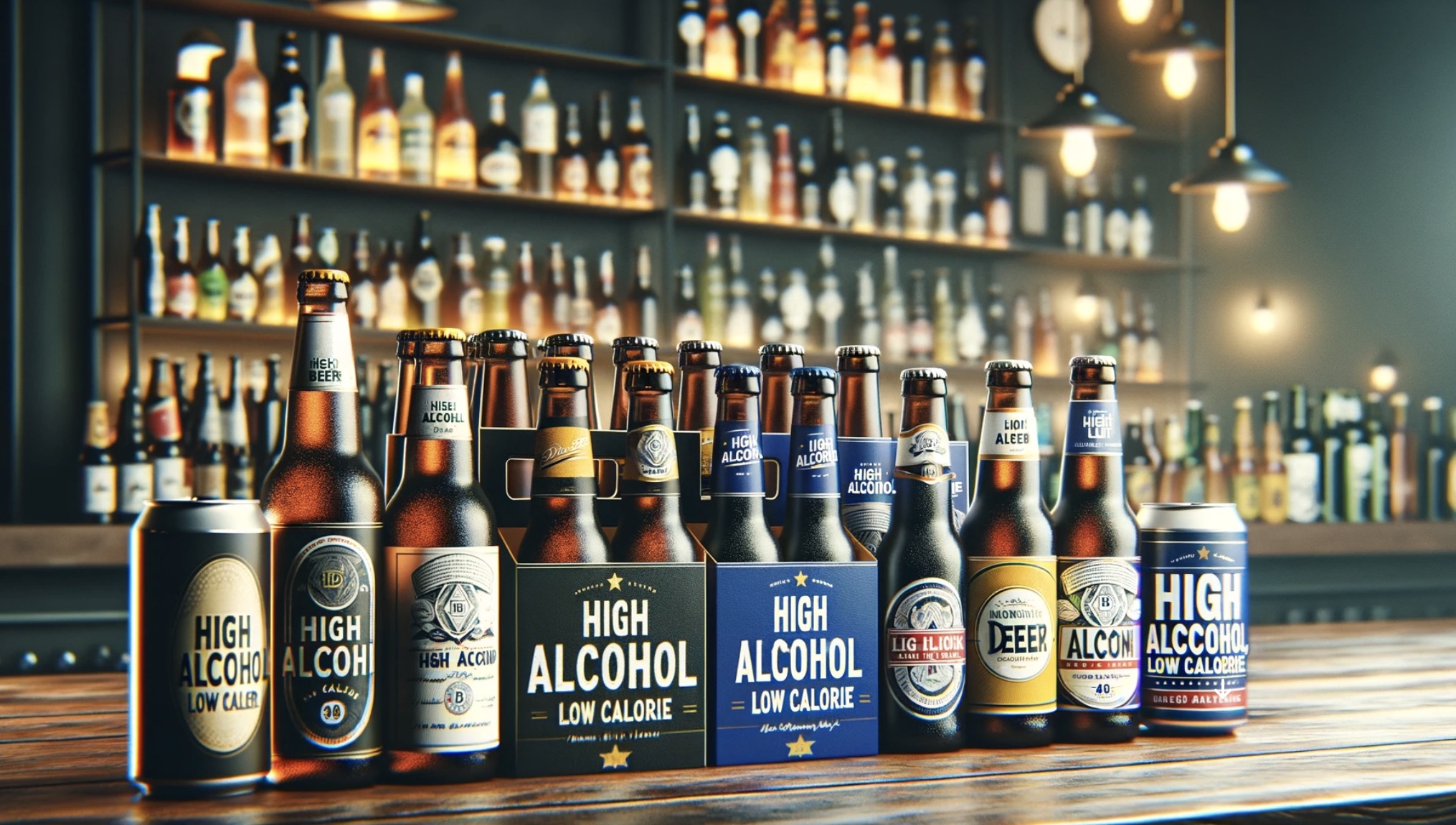Saison beer, also known as farmhouse ales, is a Belgian-style ale that has grown in popularity in recent years.
Its origins date back to the 18th century in the French-speaking region of Belgium, where it was brewed by farmers during the cooler months and stored until summer to quench the thirst of farm workers.
Can you age saisons?
The answer is yes, but it’s essential to understand that not all saisons will age well, and proper storage conditions are crucial.
Aging saison beer can lead to a more complex and interesting flavor profile, but it’s not guaranteed to improve every saison, but works best with high alcohol saisons.
Today, saison beer is enjoyed by many for its unique and refreshing taste, characterized by fruity esters, spicy phenols, and a dry finish.
But can this refreshing, effervescent beer be aged like other styles? Let’s explore the world of saison beer and find out if it’s suitable for aging.
The Basics of Saisons
Before we dive into the aging process, let’s briefly discuss what makes saison beer unique.
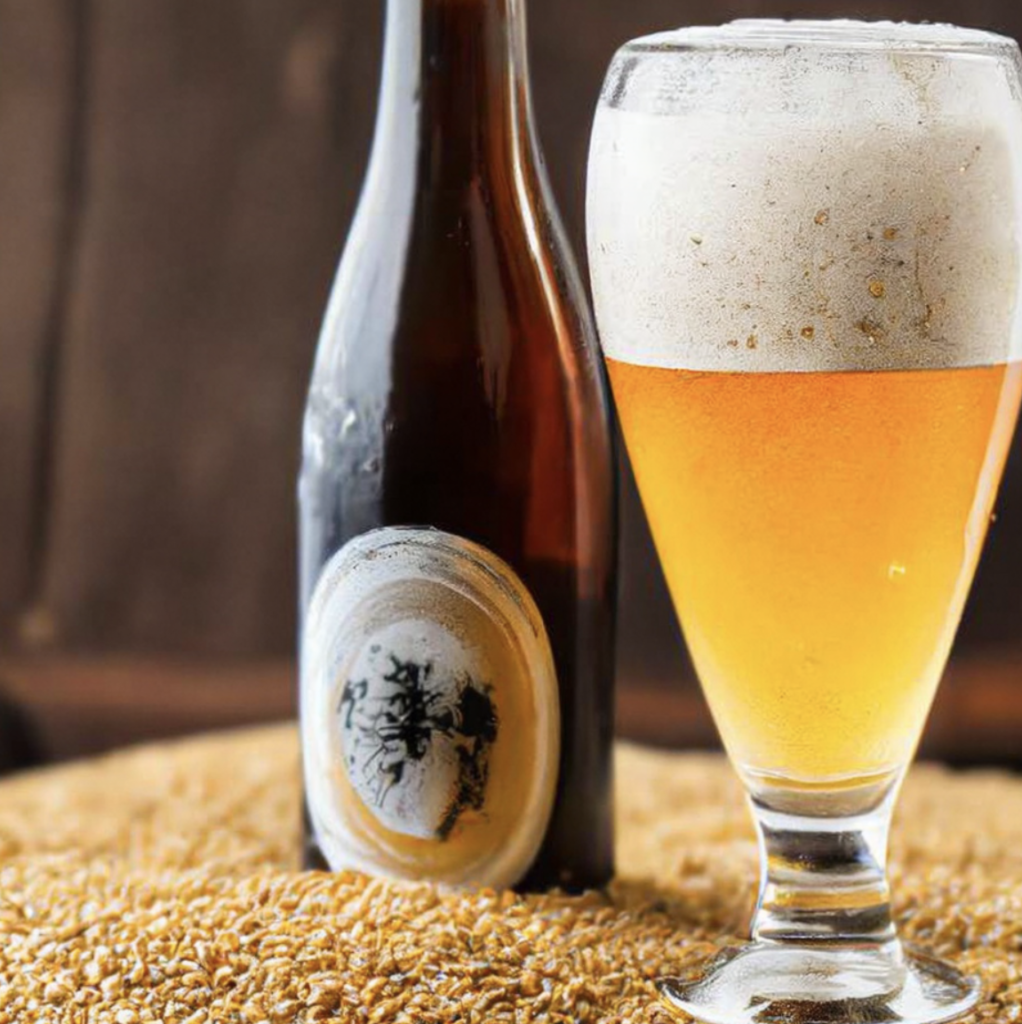
Saison is a versatile style that can vary greatly in taste, color, and strength. Here are some key characteristics of saison beer:
1. Yeast: The most crucial ingredient in saison is the yeast, which produces a distinct fruity and spicy flavor profile.
2. Hops: Saisons tend to have a moderate hop bitterness, but the specific hop varieties used can vary.
3. Grains: Saison recipes often include specialty grains like wheat, rye, or spelt for added body and flavor.
4. Additives: Some brewers add spices, herbs, or fruits to their saisons to create unique and intriguing flavors.
5. Carbonation: Saisons are typically highly carbonated, giving them a lively, effervescent mouthfeel.
Factors That Affect Aging Potential
When it comes to aging beer, several factors play a role in determining whether a particular beer will age well.
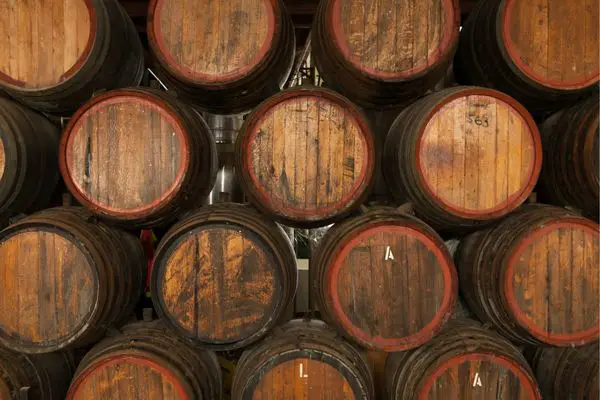
These factors include:
1. Alcohol content: Higher alcohol levels tend to help preserve beer and allow it to age better.
2. Hop bitterness: Beers with higher hop bitterness often age more gracefully, as the bitterness can mellow over time.
3. Oxygen: Exposure to oxygen can lead to oxidation, which can cause off-flavors in aged beer.
4. Bottle conditioning: Bottle-conditioned beers, which undergo secondary fermentation in the bottle, typically age better than force-carbonated beers.
5. Storage conditions: Proper storage is crucial for successful aging, with ideal conditions being a cool, dark place with a consistent temperature.
Choosing the Right Saison for Aging
As mentioned earlier, not all saisons will age well. So, how do you know which ones are worth aging? Here are some indicators that a saison may be suitable for aging:
1. Higher alcohol content: Saisons with an ABV of 7% or higher are more likely to age well.
2. Complex flavors: Beers with more depth and complexity of flavor have a better chance of evolving into something interesting as they age.
3. Bottle conditioning: As previously mentioned, bottle-conditioned saisons are more likely to age well.
How Long to Age Saison Beer
The aging process can vary greatly depending on the specific beer, storage conditions, and personal taste preferences.
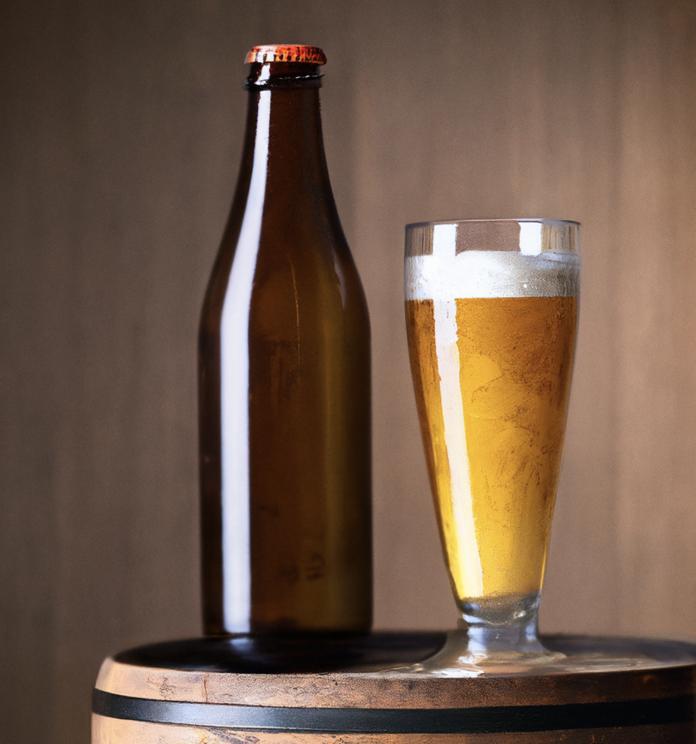
Some saisons may reach their peak after just a few months, while others can continue to develop and change for several years.
As a general guideline, try aging your saison for at least six months to a year to start, and taste it periodically to determine if it has reached its peak or if it could benefit from additional aging.
The Aging Process: What to Expect
As a saison ages, several changes can occur that may affect its flavor, aroma, and appearance. Some possible changes include:
1. Mellowing of hop bitterness: The hop bitterness can fade over time, allowing other flavors to come forward.
2. Development of fruity esters and spicy phenols: These unique yeast-derived flavors can continue to develop and evolve as the beer ages.
3. Oxidation: If not stored properly, oxidation can occur, leading to off-flavors and a cardboard-like aroma.
4. Changes in carbonation: The carbonation level may decrease over time, resulting in a less effervescent mouthfeel.
My Personal Experiences with Aging Saison Beer
As a home brewer, I have experimented with aging various saison beers in my cellar. One of my most memorable experiences was aging a high-ABV, bottle-conditioned saison with Brettanomyces yeast for two years.
The resulting beer had a fascinating complexity, with the fruity esters and spicy phenols intensified and a unique funkiness from the Brettanomyces.
This aged saison became one of my all-time favorites and inspired me to continue experimenting with aging this versatile style.
Potential Risks of Aging Saison Beer
While aging saison beer can lead to intriguing and complex flavors, there are some risks involved, such as:
1. Oxidation: As mentioned earlier, exposure to oxygen can cause off-flavors and negatively impact the beer’s overall quality.
2. Inconsistency: The aging process can be unpredictable, and not all aged saisons will turn out as expected.
3. Loss of freshness and carbonation: Saisons are known for their refreshing, effervescent character, which may be diminished as the beer ages.
Tips for Successfully Aging Saison Beer
If you decide to age your saison beer, follow these tips to maximize your chances of success:
1. Choose a suitable saison for aging, considering factors like alcohol content, complexity, and bottle conditioning.
2. Store the beer in a cool, dark place with a consistent temperature to minimize oxidation and other negative effects.
3. Be patient and allow the beer to age for an appropriate amount of time, tasting periodically to determine if it has reached its peak.
4. Keep in mind that not all aged saisons will turn out as expected, and be open to experimenting with different beers to discover which ones age best.
Conclusion:
So, can you age saison beer? Yes, you can, but it’s crucial to understand that not all saisons will age well, and proper storage conditions are essential. Aging saison beer can lead to a more complex and interesting flavor profile, but it’s not guaranteed to improve every saison.
To increase your chances of success, choose a suitable saison for aging, store it properly, and be patient as you wait for the beer to develop and change. With a little luck and experimentation, you may discover a whole new world of flavors and complexity in your aged saison beer.
FAQs
How long does it take for Saison beer to age?
Saison beer can be consumed fresh, but it can also benefit from aging for several months to a year, depending on the specific recipe and desired flavor profile.
How long will a saison last in the fridge?
A saison can last for several months in the fridge if stored properly in a sealed container. However, its flavor and aroma may deteriorate over time. It is best to consume it within 3-6 months for optimal taste.
Do saison beers age well?
Yes, saison beers can age well, especially if they have a higher alcohol content and are bottle-conditioned. With time, the flavors and aromas can develop and become more complex, but it’s important to store them properly in a cool, dark place and check for any signs of oxidation or spoilage before consuming.
Does beer go bad in the fridge?
Beer can go bad in the fridge, but it depends on the type of beer and how it is stored. Generally, lighter beers with lower alcohol content have a shorter shelf life than darker beers with higher alcohol content. Exposure to light, heat, and oxygen can also cause beer to go bad. It’s best to consume beer before its expiration date and store it in a cool, dark place.
Can you drink out of date beer 2 years?
No, it is not recommended to drink beer that is 2 years out of date as it may have gone bad and could potentially make you sick.
How long will a saison last?
A saison can last for several months to a year if stored properly in a cool, dark place. However, its flavor profile may change over time and it is best consumed within the first few months after bottling or canning.



